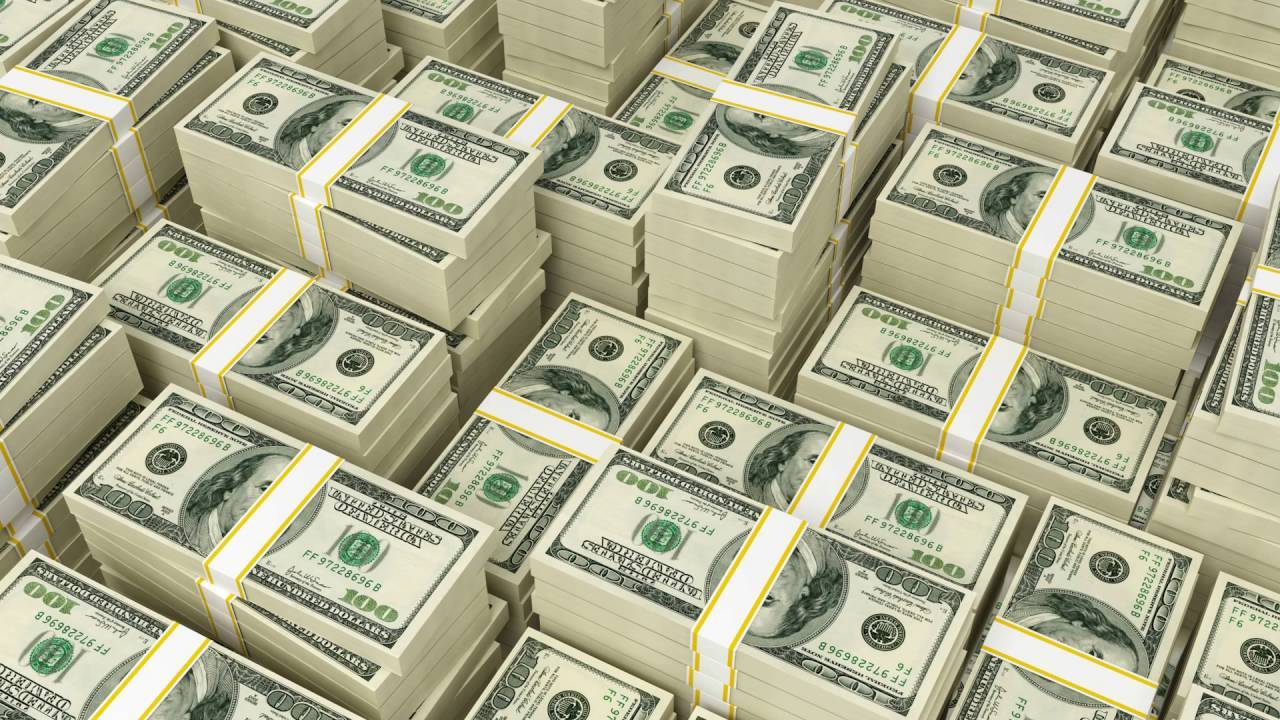NNPC has said that it has secured a $3 billion crude oil repayment loan from Cairo-based Afrexim Bank that will support the government’s reforms to stabilise the Naira exchange rate market. A commitment letter and termsheet was signed on Wednesday for an emergency $3 billion crude oil repayment loan, the state-oil firm posted on its verified Twitter handle. The NNPC in a post tagged “relief for the Naira”, said the loan will immediately disburse funds to support the “government in its ongoing fiscal and monetary policy reforms aimed at stabilising the exchange rate market”.
Nigeria’s economy has been looking to shore up its reserves and stem the fall of its currency, which has hit record lows on the black market two months after trading restrictions were loosened on the official market. Acting central bank governor Folashodun Shonubi said on Monday the bank will take measures that will impact currency markets in days after meeting President Bola Tinubu to discuss ways to improve dollar liquidity on the official market. Shonubi did not spell out what measures would be taken but said the president was concerned about the black market rate being a reference rate for local use and its inflation impact.
Tinubu, who embarked on the boldest reforms in decades, axed a costly fuel subsidy and devalued the Naira, reviving foreign investor interest in the country, which has suffered from high inflation and a soaring debt-servicing cost burden. Meanwhile Nigeria’s international dollar-denominated bonds fell on Wednesday, after the president’s spokesman said petrol prices did not need to rise more, and blamed foreign exchange shortages on “gross mismanagement” at the central bank. The 2051 maturity dropped as much as 1.7 cents on the dollar to 68.894 cents, its lowest since June 2, before recovering to trade 0.57 cents lower at 1045 GMT. President Bola Tinubu axed a popular but costly petrol subsidy after coming to power in late May and soon after devalued the naira currency, both of which were long demanded by investors, driving a rally in Nigeria’s overseas bonds that peaked at the beginning of August.
Nigeria, reliant on fuel imports, is still suffering dollar shortages and petrol retailers have called for further price increases due to the weakening of the exchange rate making fuel more expensive to import. “The slowdown to the pace of reform in Nigeria, and the potential for even the reversal of some reforming steps already taken, in combination with data released by the central bank, has weighed on investor sentiment, causing a reversal of some of the outperformance of Nigerian eurobonds against its peers,” said Yvette Babb, an emerging market fixed income investor at William Blair. The scrapping of the fuel subsidy saw petrol prices more than triple and pushed already double digit inflation to an 18-year high in July, data showed on Tuesday. Tinubu rejects further petrol price increases, his spokesman, Ajuri Ngelale, told reporters, adding that Nigeria did not need an “upward movement of pump price in order to accommodate the market-driven reality”. The decision is disappointing for investors, Carlos de Sousa, an emerging market debt portfolio manager at Vontobel, told Reuters.

